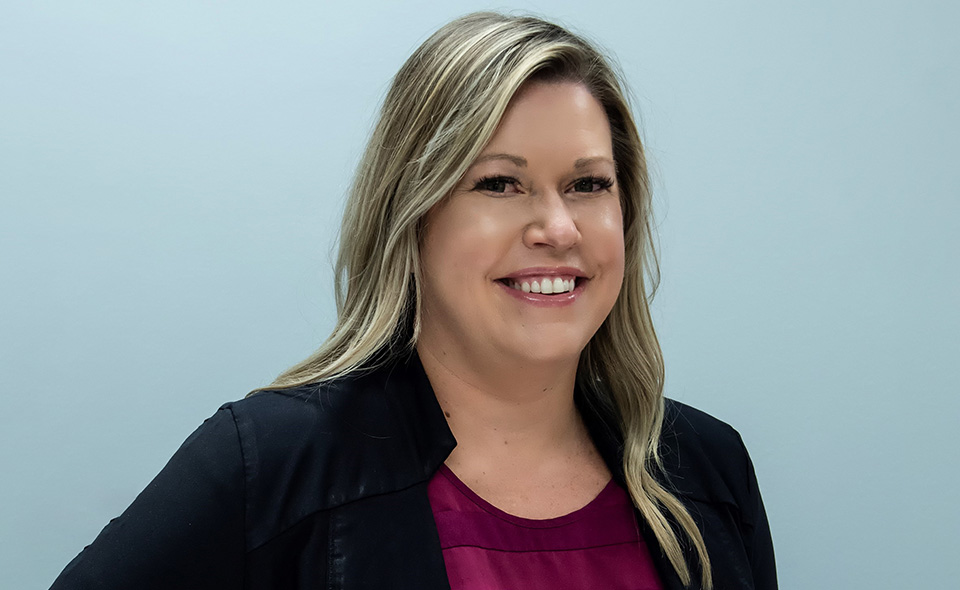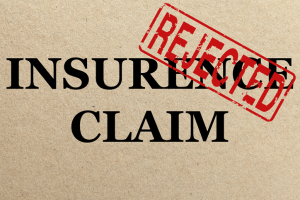Lisa Ortega, a seasoned legal nurse consultant and founder of Ortega & Associates, speaks with us on her area of expertise in this article. What knowledge and experience does a legal nurse consultant possess, and what value can they bring to a suit?
Could you begin by telling us about your journey into nursing and what led you to establish Ortega & Associates?
Growing up, I was always sure I wanted to go into healthcare. I choose nursing because I felt like it allowed me to really connect with and support my patients. Nursing was not just a job but something that aligned with the type of person I am.
Throughout my career I was promoted into various leadership positions that gave me a deeper understanding of the complexities of the healthcare system. As a nursing leader I developed an interest in root cause analysis and investigation of clinical errors. This interest led me to learning more about the field of legal nurse consulting, eventually obtaining my Certified Legal Nurse Consultant (CLNC) certification and starting Ortega and Associates, LLC.
As a DNP, you have achieved the highest level of nursing education. How has this academic achievement influenced your approach to legal nurse consulting?
As a Doctor of Nursing Practice (DNP) I have developed a broader understanding of the obligations and clinical expectations of nurses, as well as the standards of care. By broader, I would say that as a bedside nurse you have knowledge of the basic expectations for providing care to patients, the importance of documentation, escalation of concerns up the chain of command, etc. but these are based on individual situations.
However, as I advanced in my education and leadership roles, I began to understand more about the ‘whys’ around what we do as nurses, the value of accurate and timely documentation, policy and procedure development, the education process and accountability of staff. Then, through experience, I came to understand decision-making by various levels of leaders in managing a clinical or crisis situation. When I am analysing a case, I am thinking more broadly as to what was expected by the nurse, the team and the healthcare organisation versus what was expected just by the nurse.
Could you provide a brief overview of the services that Ortega & Associates offers, particularly in the realm of legal nurse consulting?
As a legal nurse consultant, I support both plaintiff and defence attorneys. I can do this in two ways: either as a consultant building the case with the attorneys in the background, or as an expert witness. As a consultant in these roles, we provide screening services to determine merit and assess for alleged damages or injuries, along with identifying contributory factors. We summarise, translate and interpret medical records, assist with discovery, prepare chronologies of relevant medical events, discuss and describe the standards of care, identify deviations from the standard of care, identify issues of tampering with medical records, assist with preparation for mediation, arbitration or court, and can even identify and recommend potential defendants.
As a Doctor of Nursing Practice (DNP) I have developed a broader understanding of the obligations and clinical expectations of nurses, as well as the standards of care.
A second type of service I provide is IMEs (independent medical exams) in which I attend appointments with patients to ensure the Code of Civil Procedure is always followed by the physician. I then provide a written medical exam report and recording to the attorneys for use in their case.
Many people might not be aware of the role of a legal nurse consultant. Could you shed some light on how you work with attorneys and the unique perspective you bring to legal cases?
As consultants, we can work closely on building an initial case. In this situation I would review the medical records and the extent of the event and provide a clinical picture to the attorney in a way they can understand and ask questions related to the standard of care.
A unique perspective I bring to the picture is that I have experience in acute care, nursing home care and ambulatory settings. I also have experience as a bedside nurse, manager, and a director over a wide range of clinical settings including medical/surgical nursing, telemetry, stepdown and ICU levels of care. As a clinical director over adult inpatient services I can provide clarity on the standard of care, the expected response and clinical decision-making of those involved in the case. I have 12+ years of experience in numerous hospital and department of health services for large hospital settings.
As an expert witness, I can advise on what a prudent bedside nurse would have done in a particular situation or look at a case from a broader lens. For instance, I can advise on what practices became standard during the pandemic, how hospitals were expected to file flexes with CDPH, how documentation during a crisis changed, what was appropriate clinical oversight or staffing in these situations, etc.
The intersection of law and healthcare is complex. What are some of the most challenging aspects of your role as a legal nurse consultant, and how do you navigate these challenges?
One of the most challenging aspects as a LNC is being brought into cases late because many attorneys feel they can do the initial work on their own. While they themselves or the paralegal can work through cases, it can save significant time and money to bring in a consultant early to help build the case. Sometimes we are brought in late and the true issue may not be what was initially thought to be the concern.
Can you share an example of a case where your nursing expertise significantly influenced the legal outcome?
I had a case in which the hospital and nurse were brought into the suit due to concerns about appropriate response, escalation of care and notification of the chain of command. After reviewing the case, providing a statement and then being deposed, the case against the nurses was settled.
As an expert witness, I can advise on what a prudent bedside nurse would have done in a particular situation or look at a case from a broader lens.
To provide specifics, I developed a timeline of events over a 24-hour period and was able to describe what the nurses were doing at each critical point for a patient with a GI (gastrointestinal bleed). I could describe that, at specific times, the patient was not in the ICU and was instead with a team of doctors. I could also describe what the nurse would be expected to do, what they did and why I would have performed the same in the same situation.
Could you discuss the importance of continuing education and staying abreast of the latest healthcare regulations and standards in your field?
Just like everything else, healthcare is ever-changing. In fact, we cannot change fast enough. As a leader in healthcare and a LNC it is of the utmost importance to stay abreast of new regulatory requirements to ensure standards of care practiced are in alignment. Regulatory changes are often the result of safety events that change practice. These new regulatory standards are what all nurses, providers and healthcare facilities are required to be in compliance with at all times.
What key qualities do you believe are essential for someone who wants to pursue a career in legal nurse consulting?
Key qualities for anyone interested in becoming an LNC are being detail-oriented, organised and confident in their knowledge of their practice and role. Being detail-oriented is important because it is often the smallest details that can make a difference in a case, yet these can often be overlooked. Organisation is important because these cases often involve thousands and thousands of pages (whether paper or pdf) to weed through, organise and understand to support a case. Finally, confidence is important because you must have the confidence to communicate with attorneys and verbalise confidently what you as a nurse know to be the standard of care.
How do you see the field of legal nurse consulting evolving in the future, and what role will Ortega & Associates play in this evolution?
Uses and roles for LNCs will continue to evolve, and not only in lawsuits – it has already started to evolve into mediation and arbitration. There are now LNCs hired by companies that have high injury rates to protect the company or determine if an injury was likely caused by a workplace issue and was not a previous medical condition. I think as time goes on and more people understand the work a legal nurse consultant can do, there will be additional work for which one can provide valuable services.
Lisa M Ortega, President
25876 The Old Rd #181, Stevenson Ranch, CA 91381, USA
Tel: +1 661-237-0732
E: lisaortega@ortegaandassociates.com
Lisa Ortega is the owner and president of Ortega and Associates in Santa Clarita, CA. With more than 15 years in healthcare and a wide range of clinical and leadership experience, Lisa provides consulting services on any case where health, illness, or injury is an issue, including but not limited to: medical or nursing malpractice, personal injury, product liability, toxic torts and workplace injury. Lisa holds a Doctorate in Nursing Practice, a license from the Board of Registered Nursing as a Registered Nurse and Clinical Nurse Specialist, and a certification as a Legal Nurse Consultant.
Ortega and Associates is a California-based law firm specialising in healthcare matters. The team possesses years of experience in nursing and medicine, as well as extensive training in the legal aspects of healthcare. Their capabilities include screening medical-related cases, eliminating the time and expense of non-meritorious lawsuits; analysing medical records along with policies, procedures and standards of care; developing reports and chronologies; identifying and locating expert witnesses; attending independent medical exams and providing detailed reports, and more.





















